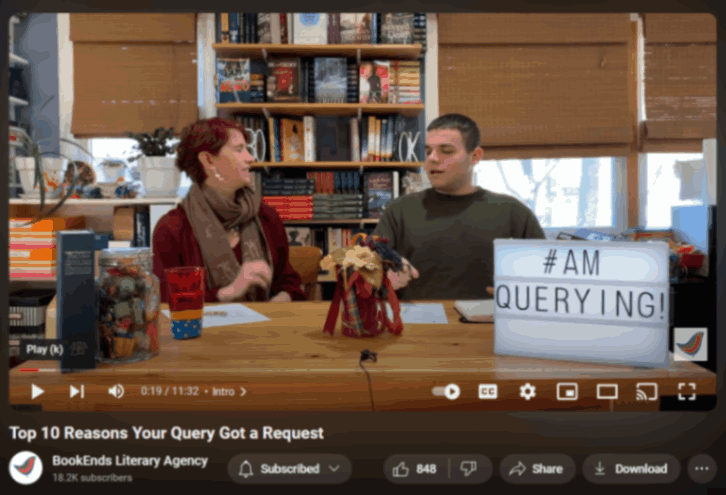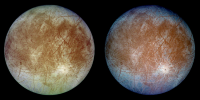
Trade versus Academic Press: Part 2 of Publishing in Academia
Publishing is confusing and complicated. There are often barriers to understanding it fully. And the process is very rarely fully transparent. So, I’m sharing my experiences of the publishing process, and talk about why I, as a PhD student in STS, chose to go with a trade publisher over an academic one when my book went to auction. This is Part 2 of a series on publishing in academia. In Part 1 of this series I describe how I got my agent, and discuss whether or not academics need agents. (read more...)


